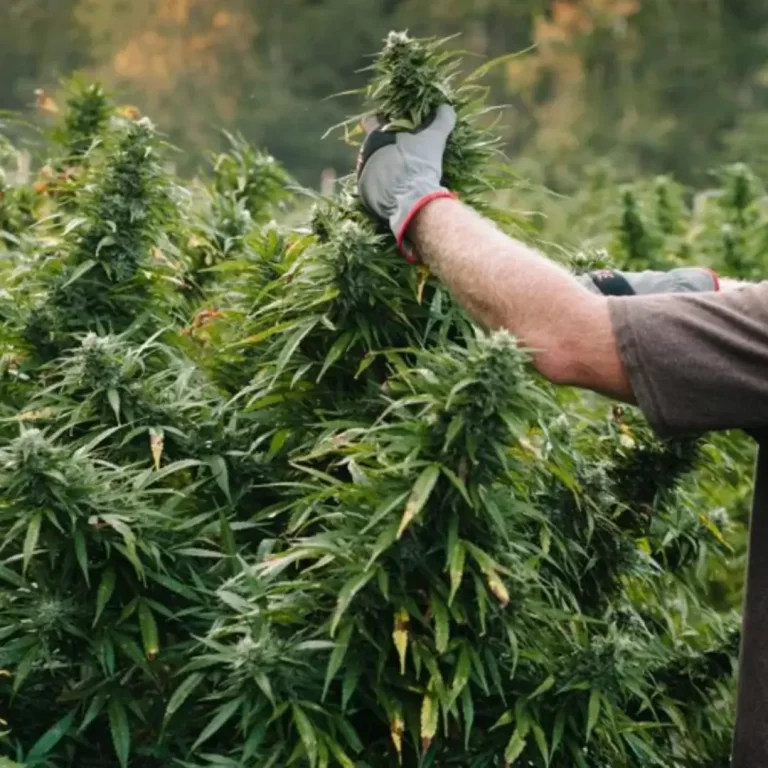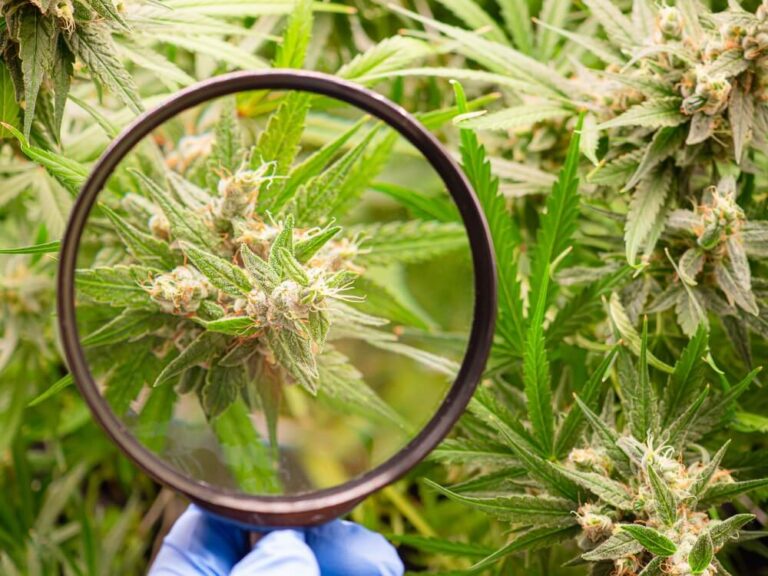
California Assembly Passes Bill to Introduce Cannabis Cafés
- Cannabis News
- Cannabutter Digest
In a groundbreaking move, the California State Assembly passed bill AB 1775, reigniting the possibility of Amsterdam-style cannabis cafés dotting the Golden State’s landscape. If approved by the Senate and signed into law by Governor Gavin Newsom, this legislation would grant local jurisdictions the authority to permit licensed cannabis retailers to operate these unique establishments. The passage of AB 1775 marks a significant step towards creating a more equitable and diverse cannabis industry in California while also addressing concerns raised by the Governor’s previous veto of a similar bill.
The Concept of Cannabis Cafés
Cannabis cafés, popularized in the Netherlands since the 1970s, offer a social setting where patrons can consume cannabis products while enjoying non-cannabis food, beverages, and live entertainment. These establishments have become a significant part of Dutch culture and tourism, attracting millions of visitors annually. In the Netherlands, the legalization of cannabis cafés has effectively eliminated the illegal cannabis market, demonstrating the potential benefits of such a model.
Current Limitations in California
While California legalized recreational cannabis use in 2016, the state’s current laws present challenges for cannabis businesses. Dispensaries are permitted to allow on-site consumption, but the state prohibits them from selling non-cannabis products like food and coffee. This restriction limits the potential for cannabis businesses to diversify their offerings and create a more well-rounded experience for their customers.
AB 1775: A Path Forward
According to KTVU, assemblymember Matt Haney, the sponsor of AB 1775, has been working diligently to address the concerns raised by Governor Newsom’s veto of the previous bill, AB 374. The Governor cited issues related to smoke-free workplace protections as the primary reason for his decision. In response, Haney collaborated with the Department of Cannabis Control and the Governor’s office to craft a bill that allows for the operation of cannabis cafés while prioritizing the health and well-being of workers.
The amended bill includes provisions that prohibit cannabis smoking and vaping in areas where food is prepared or stored, creating a separation between consumption areas and other workspaces. This compromise seeks to balance the desire for cannabis cafés with the need to maintain a safe and healthy environment for employees.
Local Control and Flexibility
One key aspect of AB 1775 is its emphasis on local control. Rather than mandating a statewide policy, the bill empowers local jurisdictions to decide whether to allow cannabis cafés within their borders. This approach recognizes the diversity of California’s communities and allows for a more tailored implementation of the law.
Benefits for Legal Cannabis Businesses
Supporters of AB 1775 argue that cannabis cafés would provide a much-needed boost to California’s legal cannabis industry. The bill aims to level the playing field between legal operators and the state’s thriving illegal market by allowing businesses to offer a wider range of products and services.
According to a report by the California Cannabis Industry Association, legal cannabis sales in the state reached approximately $4 billion in 2020, while illegal sales surpassed $8 billion. This discrepancy highlights the challenges legal businesses face, burdened by high taxes, strict regulations, and limited growth opportunities.
The introduction of cannabis cafés could help to address these issues by providing legal businesses with new revenue streams and the ability to attract a broader customer base. As Assemblymember Haney stated, “It’s really about fairness and supporting businesses that follow the rules. If we keep allowing unnecessary regulations to strangle California’s legal cannabis businesses, we’re just encouraging illegal drug sales and all of the problems that come with that.”
Concerns and Opposition
Despite the potential benefits of cannabis cafés, the bill has faced opposition from various groups, including the American Cancer Society Cancer Action Network, the American Heart Association, and the American Lung Association. These organizations have expressed concerns about the health risks associated with secondhand marijuana smoke and argue that the bill could undermine hard-fought workplace protections.
However, proponents of the bill, such as the marijuana advocacy group Americans for Safe Access, maintain that the highly regulated nature of cannabis cafés would mitigate any potential health risks to patrons and employees. They point to the success of similar establishments in other jurisdictions, such as the Netherlands, as evidence of the model’s viability.
Looking Ahead
As AB 1775 moves to the Senate, stakeholders on both sides will closely monitor its progress. If passed and signed into law, the bill could usher in a new era for California’s cannabis industry, one that embraces a more diverse and socially-oriented approach to consumption.
The potential economic impact of cannabis cafés cannot be overlooked. In the Netherlands, cannabis cafés have become a significant driver of tourism, with the country’s 700+ establishments generating over $1 billion in annual revenue from visitors. If California were to experience even a fraction of this success, it could substantially boost the state’s economy and help support the growth of small businesses in the cannabis sector.
Moreover, the legalization of cannabis cafés could have significant social and cultural implications. By providing a safe and regulated space for cannabis consumption, these establishments could help to normalize and destigmatize the use of marijuana, fostering a more open and accepting attitude towards the plant and its users.
However, the success of cannabis cafés in California will depend largely on the willingness of local jurisdictions to embrace the concept and the ability of state and local officials to regulate these establishments effectively. It will be crucial for policymakers to strike a balance between promoting the growth of the cannabis industry and ensuring the health and safety of workers and the public.
The passage of AB 1775 in the California State Assembly marks a significant milestone in the ongoing evolution of the state’s cannabis industry. By allowing the operation of Amsterdam-style cannabis cafés, the bill seeks to create new opportunities for legal businesses, reduce the influence of the illegal market, and provide consumers with a more diverse and socially oriented experience.
While the bill has faced opposition from some quarters, its supporters remain optimistic about its potential to transform California’s cannabis landscape. As the legislation moves forward, stakeholders will need to engage in thoughtful and constructive dialogue, working together to create a regulatory framework that prioritizes public health, social equity, and economic growth.
If successful, California’s embrace of cannabis cafés could serve as a model for other states and nations seeking to reform their approach to marijuana policy. By demonstrating the viability and benefits of a more open and regulated cannabis market, the Golden State could once again lead the way in shaping the future of this rapidly evolving industry.
Cannabutter Digest has everything you need to stay up to date on the latest trends. From exciting new product reviews, to delicious recipes, we have all the cannabis news you can use!






